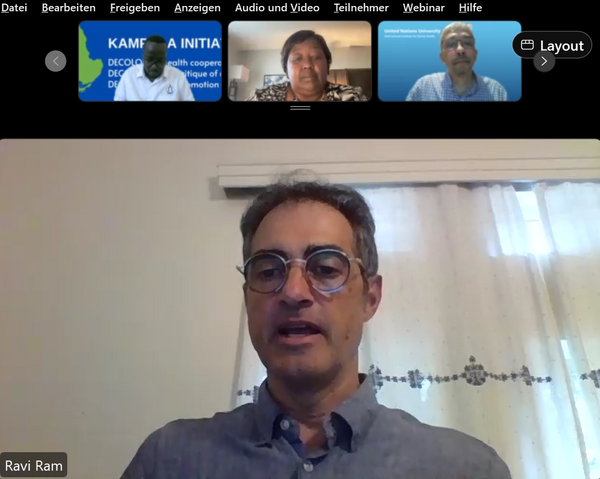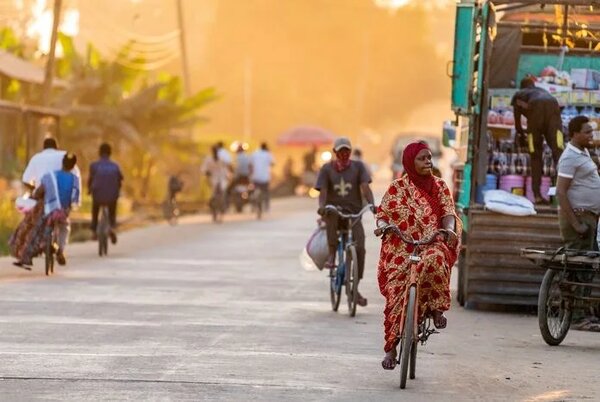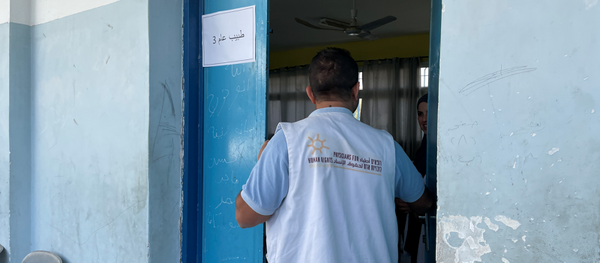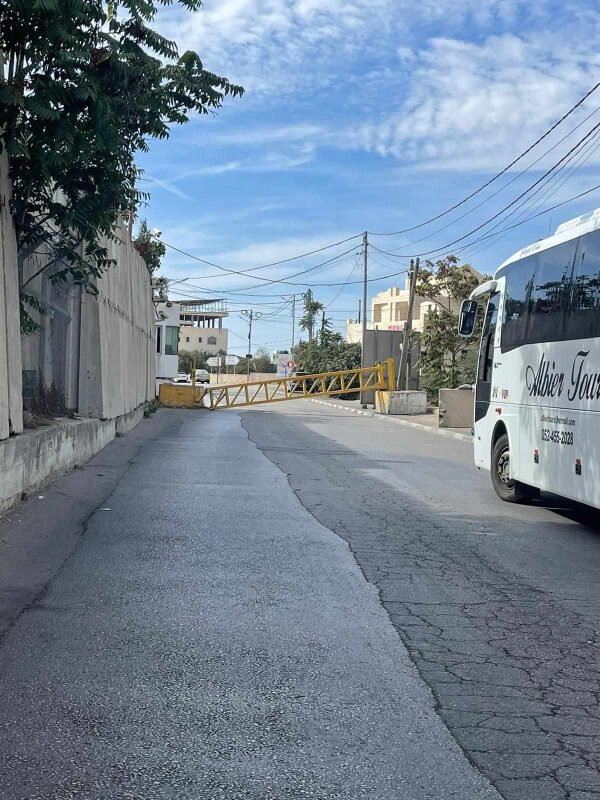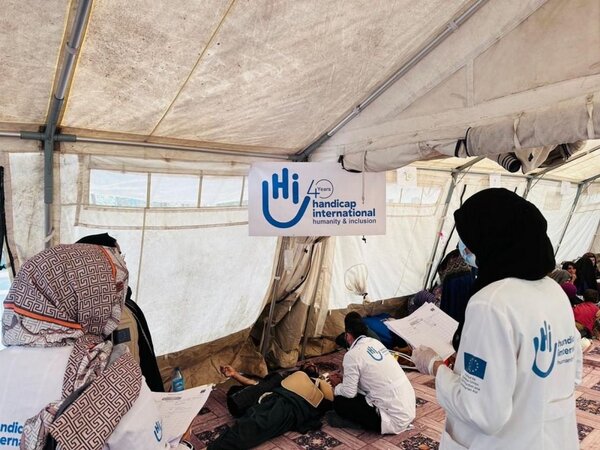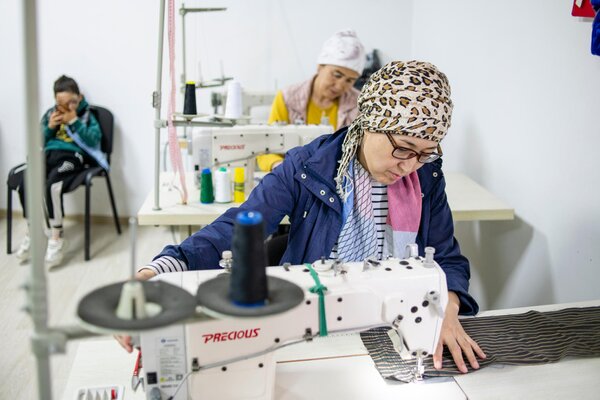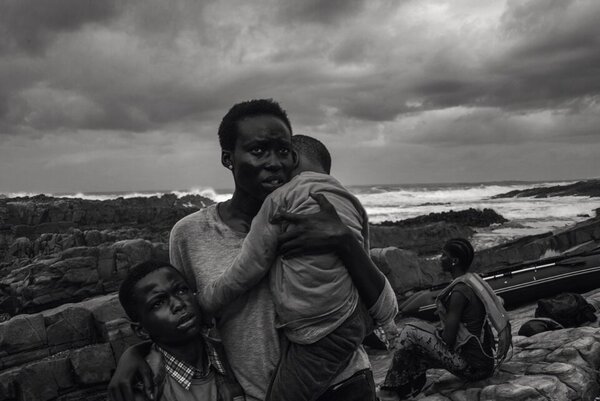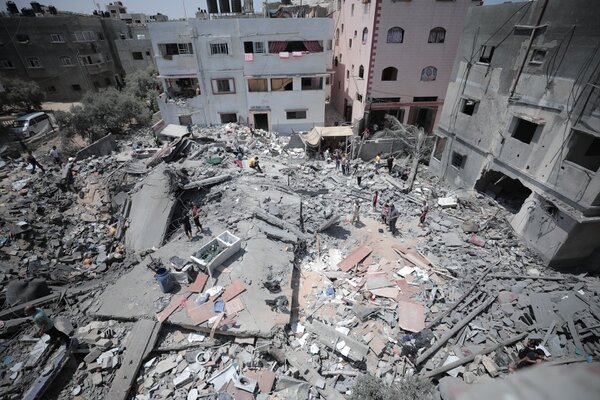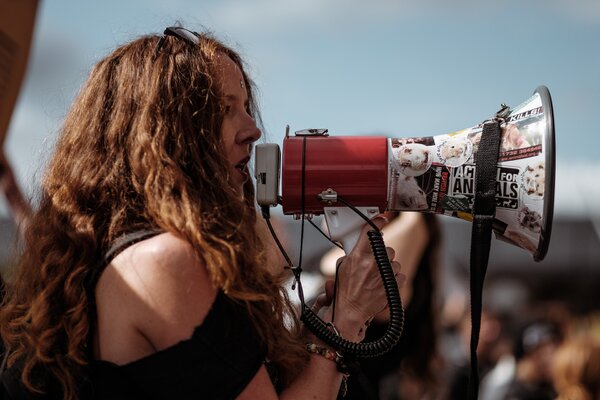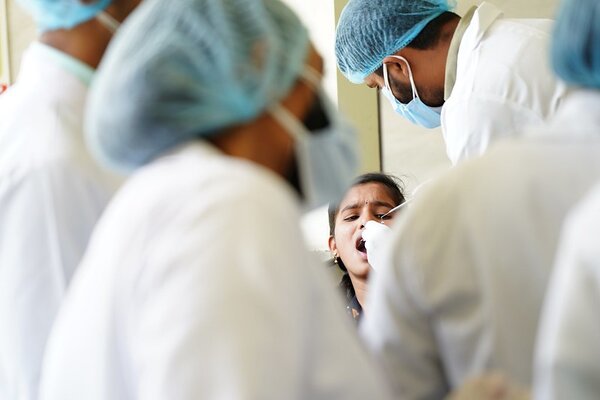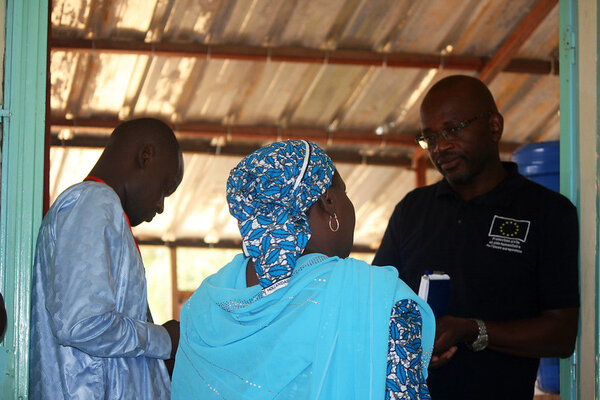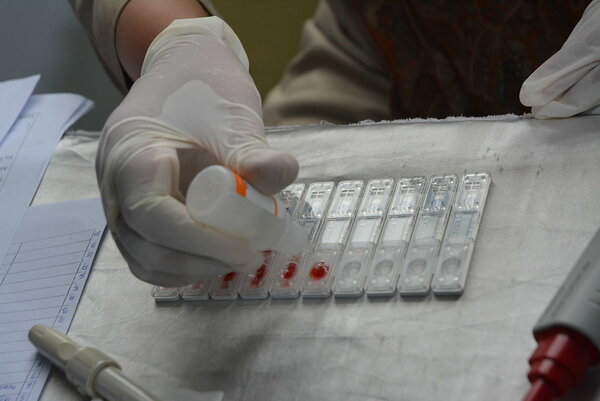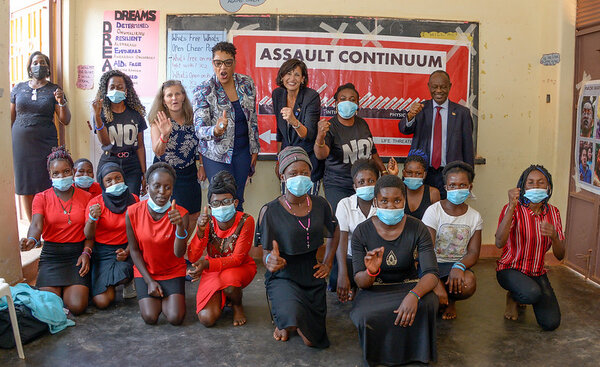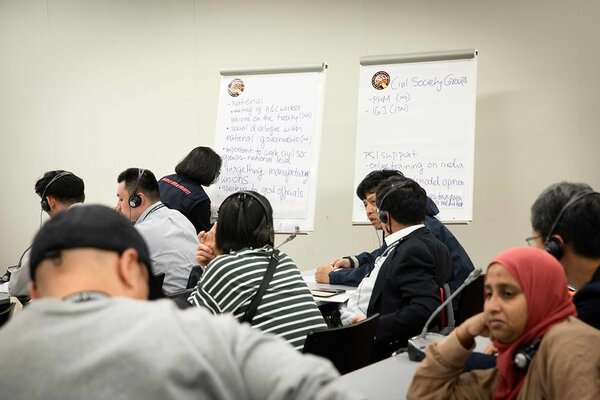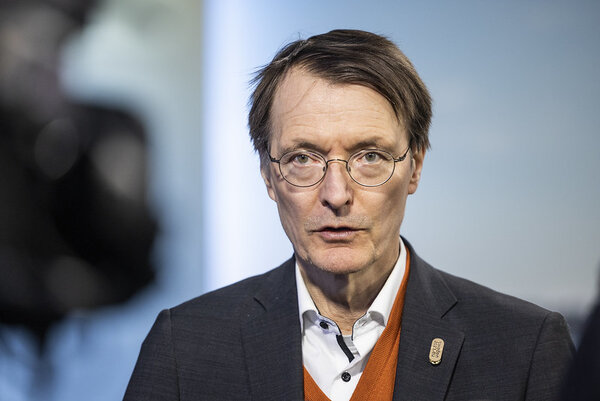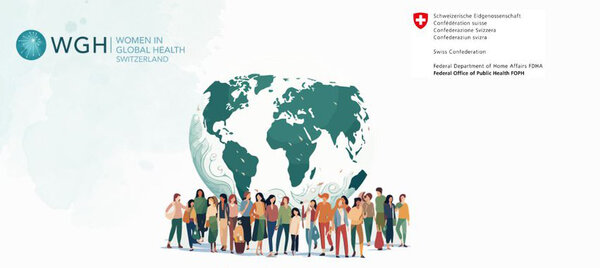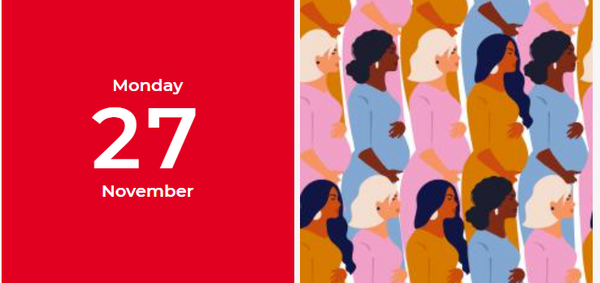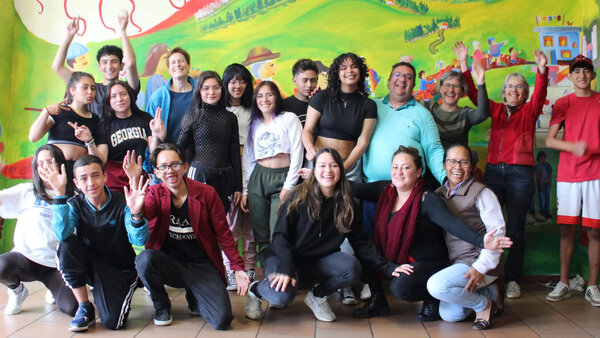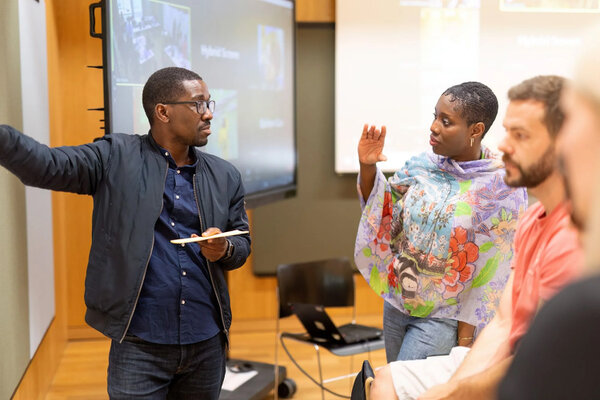Le Réseau Medicus Mundi Suisse (MMS) a célébré ses 50 ans d’existence en organisant un symposium et un banquet de jubilé à Bâle. Ignazio Cassis, le conseiller fédéral ayant ouvert la conférence par un message vidéo, ainsi que Lukas Engelberger, le directeur de la santé de Bâle et président de la Conférence suisse des directeurs cantonaux de la santé, font partie de ceux qui se sont félicités de l’événement.
Une histoire à succès
Le bilan des 50 ans de travail du Réseau Medicus Mundi Suisse (MMS) est éloquent : grâce à l’engagement suscité par la conférence d’Alma Ata en 1978 sur les soins de santé primaires, ce concept est également largement défendu en Suisse qui le considère comme une question politique et sociétale. En effet, MMS a intégré le VIH/sida comme une thématique de la coopération internationale en matière de santé et a œuvré avec un certain succès pour que la Suisse s’engage dans ce sens. Jusqu’à ce jour, MMS est un des fers de lance de la politique extérieure de la Suisse en matière de santé et a réussi à faire en sorte que le recrutement de personnel de santé à l’étranger ne soit pas traité comme un sujet de politique des étrangers, mais comme un sujet de solidarité internationale avec les populations des pays les plus fragiles financièrement. De plus, grâce à l’engagement de MMS au cours des trois dernières années, le Conseil fédéral souhaite faire de la santé l’un des thèmes prioritaires de sa prochaine stratégie de développement 2025-2028.
Un long chemin parcouru, mais le but est encore loin
« Aujourd’hui en Suisse, nous sommes le principal centre de compétences académique et de la société civile pour la coopération internationale en matière de santé et de santé globale », déclare le directeur Martin Leschhorn Strebel. Cela signifie également que les connaissances disponibles doivent être davantage intégrées dans le dialogue avec les personnes décisionnaires de tout le pays.
Des questions critiques aussi envers nous-mêmes
Ces dernières années, MMS est resté fidèle à un point en particulier : la remise en question autocritique de son propre travail. Seule cette réflexion constante sur la responsabilité de la coopération internationale en matière de santé peut conduire aux changements nécessaires permettant de parvenir à la santé pour tous dans le monde. Ainsi, lors de son symposium du jubilé, MMS a abordé de manière critique les structures coloniales de la santé globale, qui continuent d’influencer le travail de la coopération internationale. Les questions relatives au dépassement de l’inégale dynamique de pouvoir dans les partenariats entre le Nord et le Sud sont au centre du discours, tout comme la transformation prochaine du secteur.
Martin Leschhorn Strebel
Réseau Medicus Mundi Suisse
E-Mail






